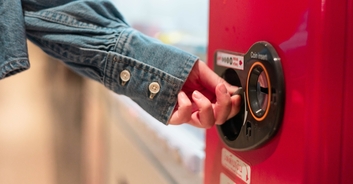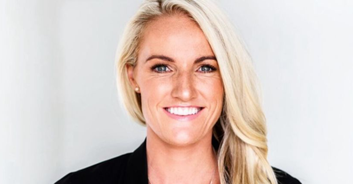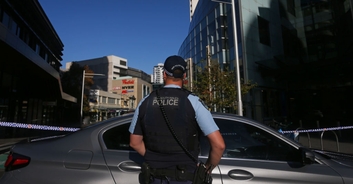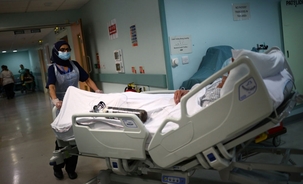The wonders of modern technology are far too great to list. We're able to communicate with far-flung friends and family, fly across the globe in a matter of hours - and now, we can even create life outside of conventional means. Certainly, for those struggling with infertility, processes such as in vitro fertilisation (IVF) and surrogacy are life-changing.
Now, according to Chinese media, the son of a Chinese couple who died four years ago has been born to a surrogate mother.
Shen Jie and Liu Xi had been married for two years when they decided to undergo IVF. However, five days before one of the fertilised embryos was due to be transplanted into Liu, the couple passed away after a car accident in March 2013, in the coastal province of Jiangsu.
For the following three years, the parents of Shen and Liu have been fighting for the rights to the four frozen embryos left by their late children in a legal dispute that is both complex and unprecedented. After several court battles, both sets of grandparents won custody of the embryos.
As surrogacy is illegal in China, the two families enlisted the help of an underground surrogacy agency - and in January, they drove to Laos to find a suitable candidate.
Transporting the precious cargo proved to be one of many roadblocks. "First we thought of using air freight, but none of the airlines were willing to take the thermos-sized bottle of liquid nitrogen where the four embryos were stored," Liu Baojun, a surrogacy expert who assisted the families, told Beijing News.
But in December of last year, Shen and Liu's baby boy was born in a hospital in Guangzhou - a city northwest of Hong Kong. The child was kept in hospital for 15 days until all four grandparents had DNA tests and gave blood to establish that the baby was their grandson, and that both parents were Chinese nationals.
Liu's mother named him Tiantian, which translates to "sweet". And last month, the two families celebrated the child's first 100 days by holding a small party for him.
"Tiantian’s eyes look like my daughter’s but overall, he looks more like his father," Liu's mother, Hu Xinxian, told Beijing News.
The grandparents have not yet decided how they will tell Tiantian about his unconventional history. The child's paternal grandfather, Shen Xinan, revealed to Beijing News that until Tiantian is of age they will say that his parents live and work overseas.
"This boy is destined to be sad on his arrival into the world. Other babies have their fathers and mothers, but he doesn’t. We will definitely tell him in the future. How can we not?" Shen asserted.
This landmark ruling, which allowed parents to inherit frozen embryos created by their children, has since sparked an inflamed debate on social media in China.
In related news, a baby has been born from an embryo that was frozen for 24 years.












